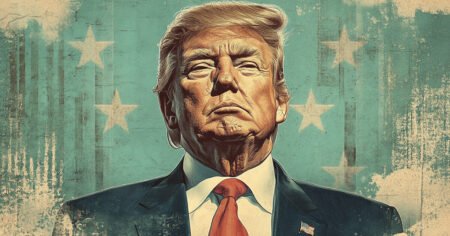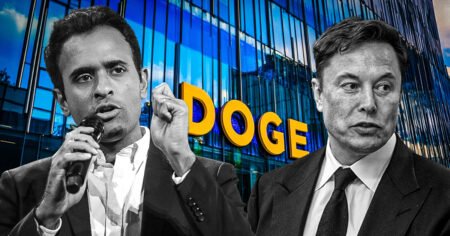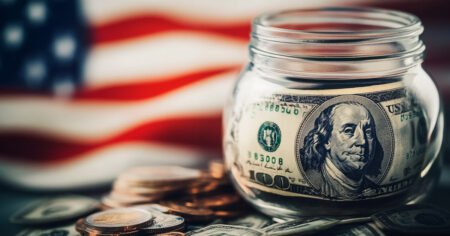Cardano and Ethereum co-founder Charles Hoskinson recently expressed doubts about the crypto policies of both former President Donald Trump and Vice President Kamala Harris in interviews with mainstream news outlets. In an interview with The Financial Times, Hoskinson criticized both Trump and Harris for not providing a clear path forward for the crypto sector in the US. He specifically noted a lack of quality and sophistication in the discourse surrounding crypto regulation.
Hoskinson raised concerns about Vice President Harris, suggesting that her approach to crypto would likely continue the policies of the Biden administration, which he believes are detrimental to the industry. He also expressed doubt that Trump could assemble a team capable of advancing the crypto industry, citing his history of high staff turnover. Hoskinson highlighted a generational divide within the Democratic Party regarding digital assets, with younger Democrats being more open to fair regulations.
Despite his reservations, Hoskinson was optimistic about Trump’s stance on crypto during an interview with CNBC. He noted that Trump’s involvement in DeFi projects and his talks at crypto conferences have positioned him as the more pro-crypto candidate. However, Hoskinson cautioned that Trump’s new DeFi platform, World Liberty Financial, could become a partisan issue and risk politicizing the industry.
In the broader context, Hoskinson emphasized the importance of regulatory clarity and a supportive political landscape to foster the crypto industry within American borders. He believes that establishing a clear regulatory regime could add between $5 trillion and $10 trillion in value to the US economy over the next decade by embracing decentralized technologies. He pointed to progressive regulatory developments in regions such as Singapore, the Middle East, and Europe as examples of how other nations are moving forward with crypto-friendly policies.
Hoskinson expressed a desire for the US to re-enter the race and take a leading role in the global movement toward decentralization, but remains uncertain whether the current political landscape will align with this goal. He believes that global cryptocurrency adoption will continue to advance regardless of US involvement, but stresses the importance of regulatory clarity and a supportive political environment for the industry’s growth.
In conclusion, Charles Hoskinson’s recent interviews highlight the complexities and challenges facing the crypto industry in the US. While he is optimistic about Trump’s pro-crypto stance, he also raises concerns about potential partisan risks and the need for regulatory clarity to foster innovation and growth within the industry. As the global crypto landscape continues to evolve, it remains to be seen how US policymakers will respond to the increasing demand for decentralized technologies and fair regulatory measures.

















